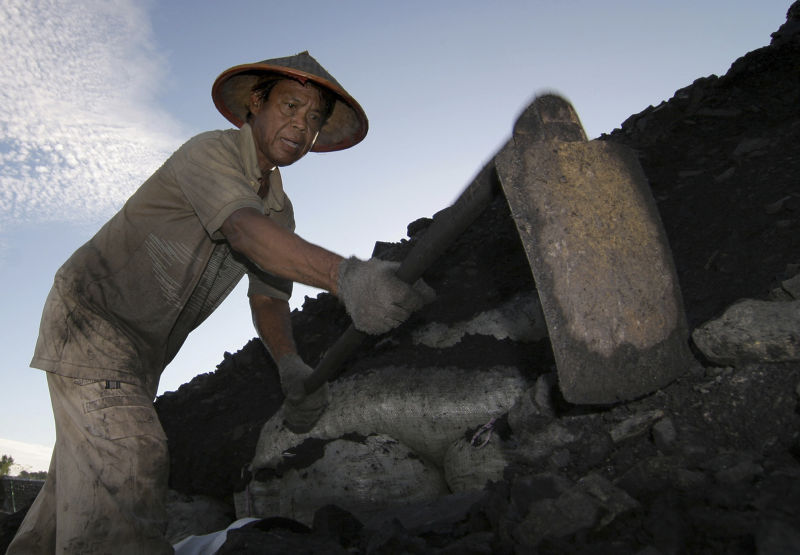UN climate talks ended on Saturday with a deal that for the first time targeted fossil fuels as the key driver of global warming, even as coal-reliant countries filed last-minute objections.
While the agreement won applause for keeping alive the hope of capping global warming at 1.5 degrees Celsius, many of the nearly 200 national delegations wished they had come away with more.
“If it’s a good negotiation, all the parties are uncomfortable,” US climate envoy John Kerry said in the final meeting to approve the Glasgow climate pact. “And this has been, I think, a good negotiation.”
The two-week conference in Scotland resolved the rules around carbon markets, but did little to assuage vulnerable countries’ concerns about long-promised climate financing from rich nations.
The British COP26 president, Alok Sharma, was visibly emotional before banging down his gavel to signal there were no vetoes to the pact, after the talks had extended overtime – and overnight – into Saturday.
Boris Johnson, the UK prime minister, described the agreement as “a big step forward”.
There was last-minute drama as India, backed by China and other coal-dependent developing nations, rejected a clause calling for the “phase out” of coal-fired power.
Hurried Amendments
After a huddle between the envoys from China, India, the United States and European Union, the clause was hurriedly amended to ask countries to “phase down” their coal use.
“Critically, we have the first ever international agreement to phase down coal and a road map to limit global warming to 1.5C,” Johnson said, using the new terminology.
India’s environment and climate minister, Bhupender Yadav, said the revision reflected the “national circumstances” of emerging economies.
“We are becoming the voice of the developing countries,” he said, adding that the pact had “singled out” coal but kept quiet about oil and natural gas.
The Global Wind Energy Council (GWEC) said it welcomed new language on “rapidly scaling up the deployment of clean power generation” while expressing disappointment over the future of coal.
“The outcome now puts the onus on countries to come back again ahead of COP27 in Egypt with pledges which are compliant with [the Paris agreement on climate change] and it’s vitally important that pressure is maintained,” said GWEC chief executive Ben Blackwell.
- Reuters, with George Russell
READ MORE:
Fix Air Pollution, India’s Top Judge Pleads
Beijing Closes Roads, Playgrounds Amid Smog After Coal Spike
US-China Thaw Shifts Mood in Glasgow: FT
























